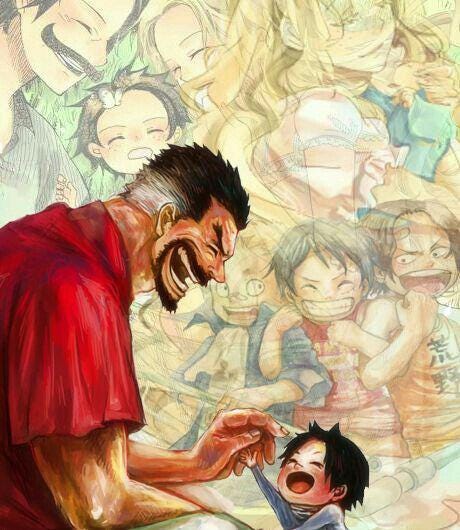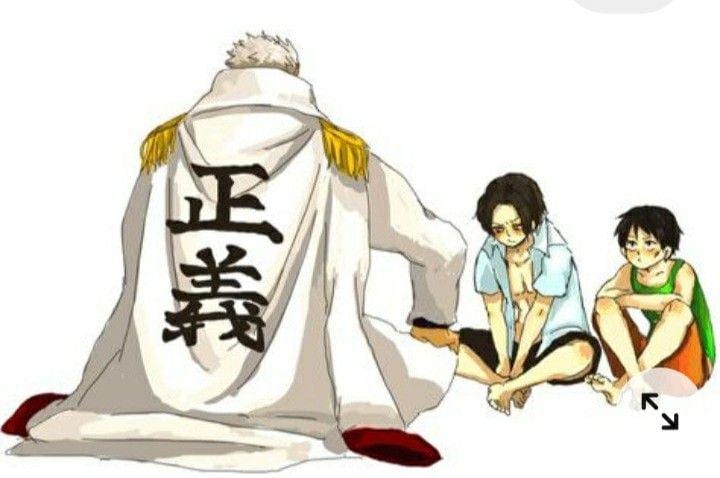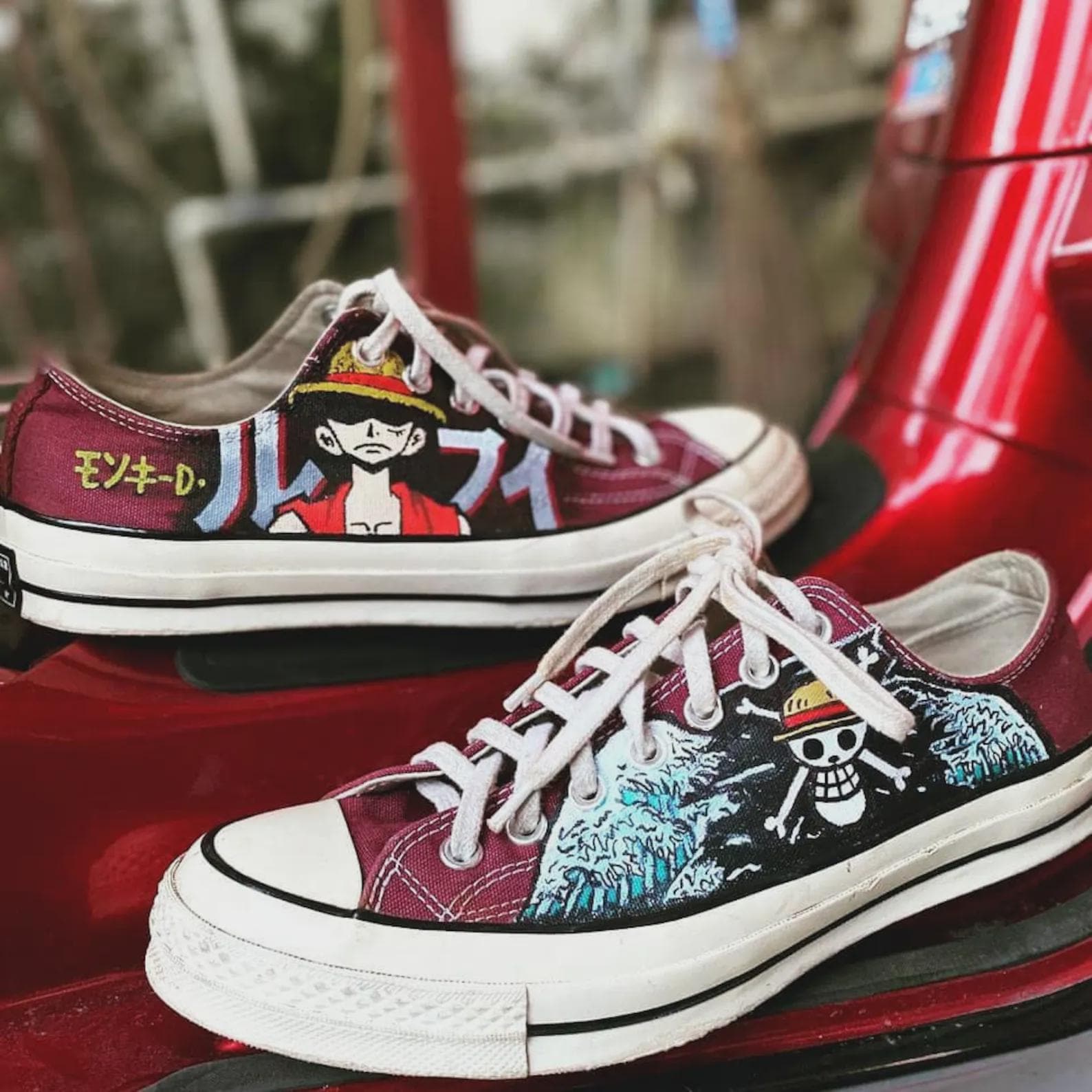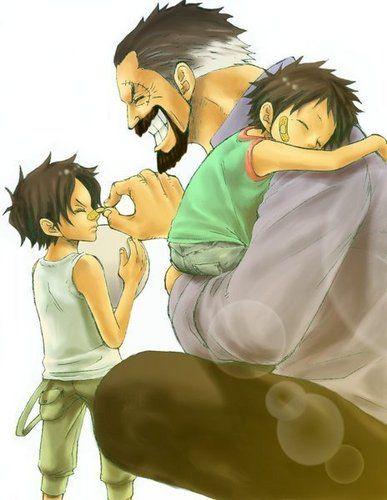In the world of One Piece, few characters are as complex and beloved as Monkey D. Garp — the Hero of the Marines, the grandfather of Luffy, and a man who could have been an Admiral… if he ever wanted the job. But despite his rebellious streak, Garp never left the Marines. Why would a man who despises the World Nobles and rejects authority stay loyal to the very system he mocks? Let’s dive into the theories behind one of the biggest paradoxes in One Piece lore.
Garp’s Code: Justice, Family, and Freedom
Unlike most Marines, Garp doesn’t serve out of blind obedience. His sense of justice comes from his own moral compass, not from the World Government. He raised Luffy and Ace, two boys destined to challenge the world order, and yet he remained within the very organization trying to stop them. For Garp, being a Marine isn’t about loyalty to the Celestial Dragons — it’s about protecting people, even if it means defying orders. In a sense, Garp represents a rare kind of justice: personal justice over institutional justice.

Theory 1: He Stayed to Protect the Next Generation
One popular fan theory suggests Garp stayed in the Marines to protect others from the inside. By remaining part of the system, he could shield promising young soldiers like Coby and Helmeppo, guiding them toward a better kind of justice. Even after Luffy became a pirate, Garp never turned his back on him completely. His anger in Marineford wasn’t hatred — it was heartbreak. Deep down, he stayed so he could influence the system and protect the next generation from its worst impulses.
Theory 2: The Guilt of God Valley
The God Valley Incident changed everything. It was there that Garp and Roger fought side-by-side to defeat the Rocks Pirates — but at what cost? Some fans believe Garp’s decision to remain a Marine stems from guilt. He couldn’t prevent the tragedies that followed, nor the corruption that spread through the Navy afterward. Staying in uniform might have been his way of atonement — a silent promise to make things right from within. Garp’s loyalty, then, isn’t to the Marines. It’s to the memory of the people he couldn’t save.

Theory 3: The “Gray Zone” of One Piece Morality
One Piece thrives on moral ambiguity — and Garp embodies that perfectly. He’s not purely good or evil; he’s a man living in the gray zone between justice and rebellion. Garp’s continued presence in the Marines may represent creator Eiichiro Oda’s larger message: true justice doesn’t come from systems or titles — it comes from individuals who dare to think differently.

Fashion Break: Channel Garp and Luffy’s Spirit with One Piece-Inspired Streetwear
If there’s one thing both Garp and Luffy share, it’s freedom of expression — and you can wear that same energy with the One Piece Luffy Shoe: The Great Wave Off Kanagawa Inspired Sneakers. These hand-painted sneakers combine Japanese artistry with pirate spirit, designed for anime fans who live boldly:
- 🌊 Inspired by Hokusai’s Great Wave — symbolizing strength and adventure
- 👟 Perfect for cosplay, streetwear, or everyday anime fashion
- 🎨 Hand-painted craftsmanship — each pair tells its own story
- 💥 A must-have for One Piece fans who want to walk their own path
This isn’t just footwear. It’s a tribute to courage, legacy, and the unbreakable spirit of freedom.
He’s not a hero of the Navy because he obeyed orders. He’s a hero because he never let his heart get corrupted by them. As One Piece heads toward its final saga, Garp’s story reminds us that not every rebellion needs a revolution
